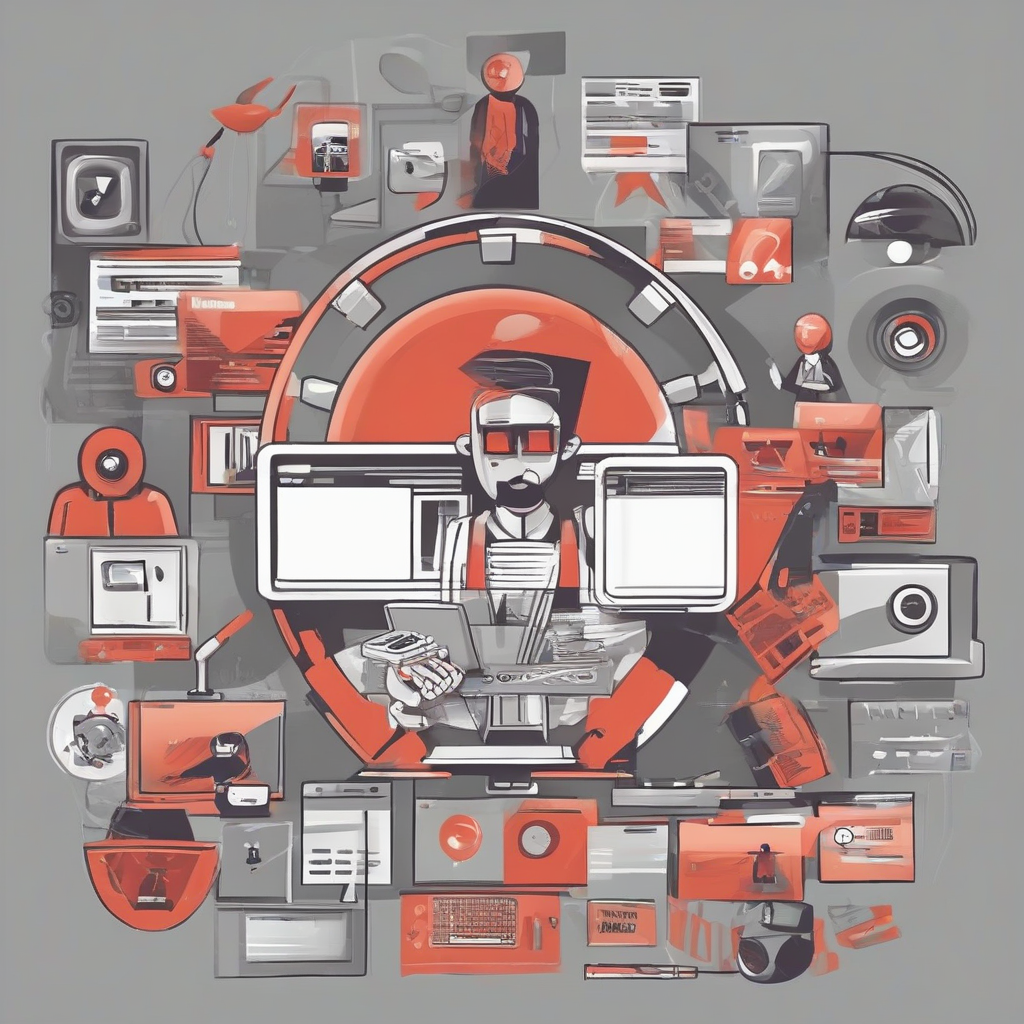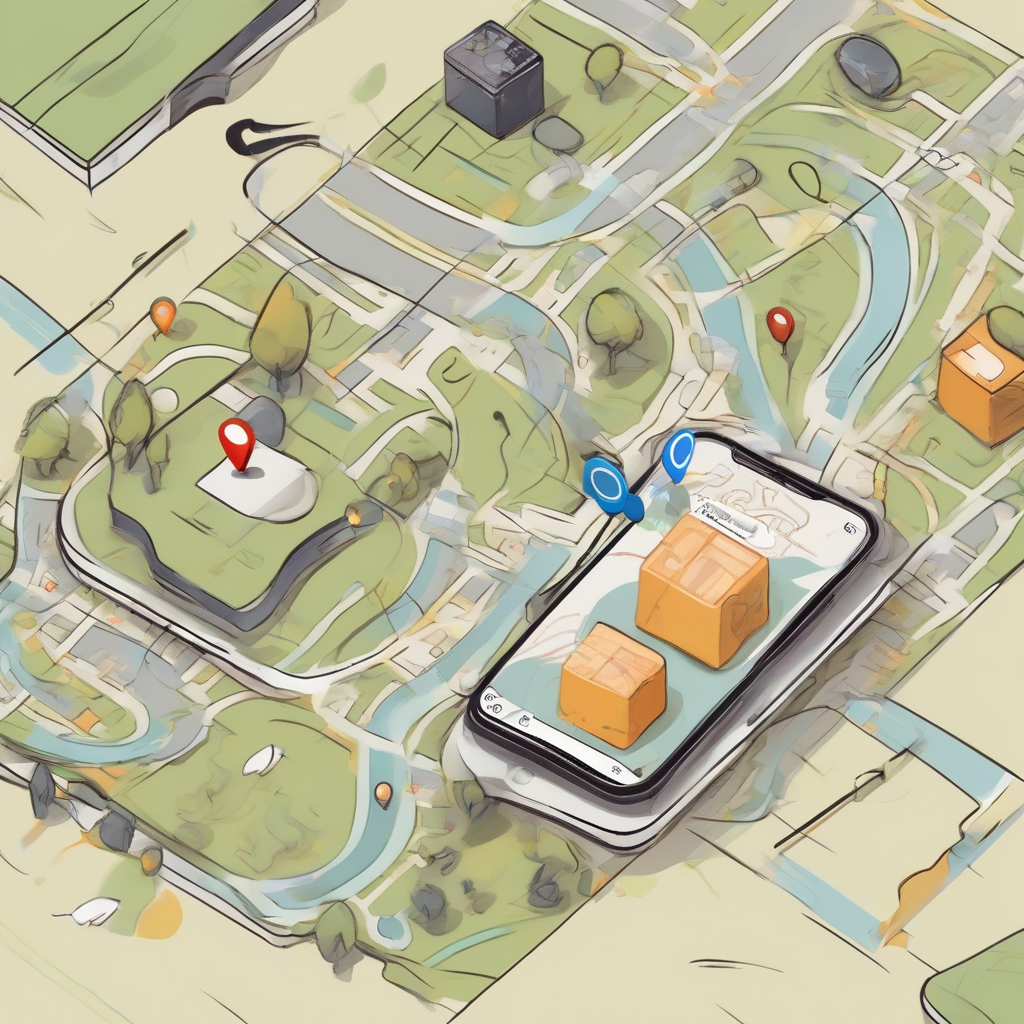Snooping: A Look into the World of Unauthorized Surveillance
We live in a world saturated with information. Every click, every search, every message leaves a digital footprint. This abundance of data creates unprecedented opportunities, but also raises serious ethical and legal concerns, particularly when it comes to snooping – the unauthorized surveillance of others. This exploration delves into the various facets of snooping, from its technological underpinnings to its societal impact and legal ramifications.
The Technological Landscape of Snooping
The digital age has made snooping easier than ever before. Sophisticated technologies empower individuals and organizations to access personal information without the knowledge or consent of the person being monitored. Let's examine some key technologies enabling unauthorized surveillance:
- Spyware: This insidious software is secretly installed on a victim's computer or smartphone to monitor their activity. It can record keystrokes, capture screenshots, track location, and even access webcams and microphones without the user's knowledge. There are countless spyware applications available, ranging from sophisticated professional-grade tools to readily accessible consumer-grade options.

- Keyloggers: These devices or software programs record every keystroke made on a computer or other device. This allows the snooper to capture passwords, sensitive information, and even entire conversations typed online. Keyloggers can be hardware devices attached to the keyboard or software installed on the system, making them incredibly difficult to detect.

- GPS Tracking: While GPS tracking has legitimate uses, such as fleet management and locating lost items, it can also be used for unauthorized surveillance. GPS trackers can be discreetly hidden in vehicles, bags, or even personal belongings, allowing the snooper to track the target's movements in real-time.

- Social Media Monitoring: Social media platforms are rich sources of personal information. While much of this information is publicly available, accessing and compiling it for unauthorized surveillance purposes raises ethical concerns. Snoopers might track social media activity to gather information about someone's relationships, interests, and daily routines.

- Network Monitoring: In corporate or institutional settings, network administrators might monitor employee activity without proper authorization or transparency. This can involve tracking website visits, emails, and other online activities. While some network monitoring is necessary for security purposes, excessive or intrusive monitoring raises concerns about privacy violations.
The Ethical Dimensions of Snooping
The ethical implications of snooping are profound. Unauthorized surveillance is a violation of privacy, a fundamental human right. It undermines trust and can have devastating consequences for the individuals being targeted. The psychological impact of knowing someone is secretly monitoring one's actions can be significant, causing anxiety, paranoia, and a sense of vulnerability. Furthermore, the information gathered through snooping can be misused for blackmail, extortion, or other malicious purposes.
The ethical dilemmas are even more complex when considering the power imbalance inherent in many snooping scenarios. Employers monitoring employees, parents monitoring children, or romantic partners monitoring each other often involve a power differential that can easily be abused. The lack of consent and transparency makes such surveillance ethically questionable, even if no overt harm is intended.
The Legal Ramifications of Snooping
The legal consequences of snooping vary depending on the jurisdiction and the specific methods employed. Many countries have laws protecting individual privacy and prohibiting unauthorized surveillance. Violating these laws can result in civil lawsuits, criminal charges, or other penalties.
Depending on the nature of the snooping and the information obtained, legal actions might include:
Invasion of privacy: This is a common legal claim against individuals or organizations engaged in unauthorized surveillance. The success of such a claim depends on factors such as the nature of the intrusion, the expectation of privacy, and the harm suffered by the victim.
Violation of wiretap laws: These laws prohibit the interception of private communications, such as phone calls or emails, without the consent of all parties involved. Violating wiretap laws can carry significant penalties, including fines and imprisonment.
Computer crimes: Unauthorized access to computer systems or data, often involved in snooping activities, can be prosecuted as a computer crime under various statutes.
Harassment and stalking: If snooping is used to harass or stalk an individual, it could lead to charges under harassment and stalking laws, often with severe penalties.
Understanding the legal ramifications of snooping is crucial for both individuals and organizations. It’s vital to adhere to legal boundaries and to ensure that any monitoring activity is conducted with proper authorization and transparency.
Mitigating the Risks of Snooping
While completely preventing snooping is virtually impossible in the digital age, individuals and organizations can take steps to mitigate the risks:
Strong passwords and two-factor authentication: Using strong, unique passwords and enabling two-factor authentication helps protect accounts from unauthorized access.
Antivirus and anti-spyware software: Regularly updating antivirus and anti-spyware software can help detect and remove malicious software that might be used for snooping.
Privacy settings on devices and social media: Reviewing and adjusting privacy settings on devices and social media platforms can limit the amount of personal information available to others.
Secure networks and VPNs: Using secure Wi-Fi networks and virtual private networks (VPNs) can encrypt internet traffic and protect against network monitoring.
Regular software updates: Keeping software and operating systems up to date helps patch security vulnerabilities that could be exploited by snoopers.
Awareness and education: Educating oneself and others about the risks of snooping and the technologies used for surveillance is crucial for proactive protection.
Snooping presents a significant challenge in today’s interconnected world. It is a pervasive issue with far-reaching consequences. By understanding its technological underpinnings, ethical implications, and legal ramifications, we can work towards a future where privacy is respected and unauthorized surveillance is minimized. Staying informed and employing preventative measures are crucial steps in protecting ourselves and others from the harmful effects of snooping.